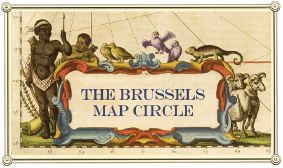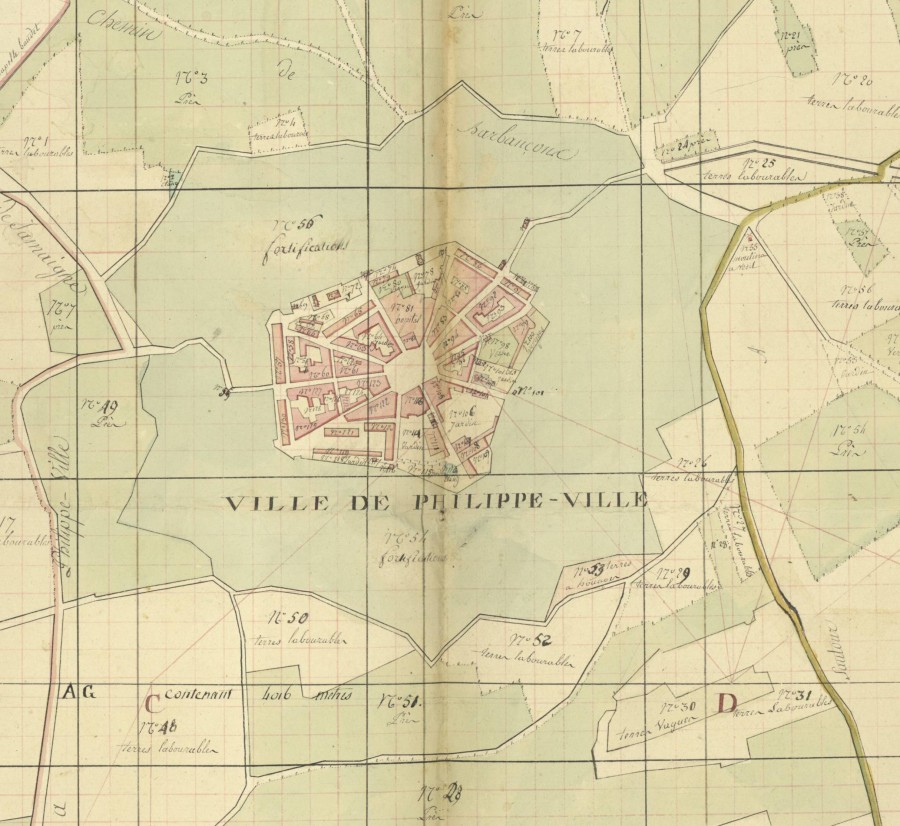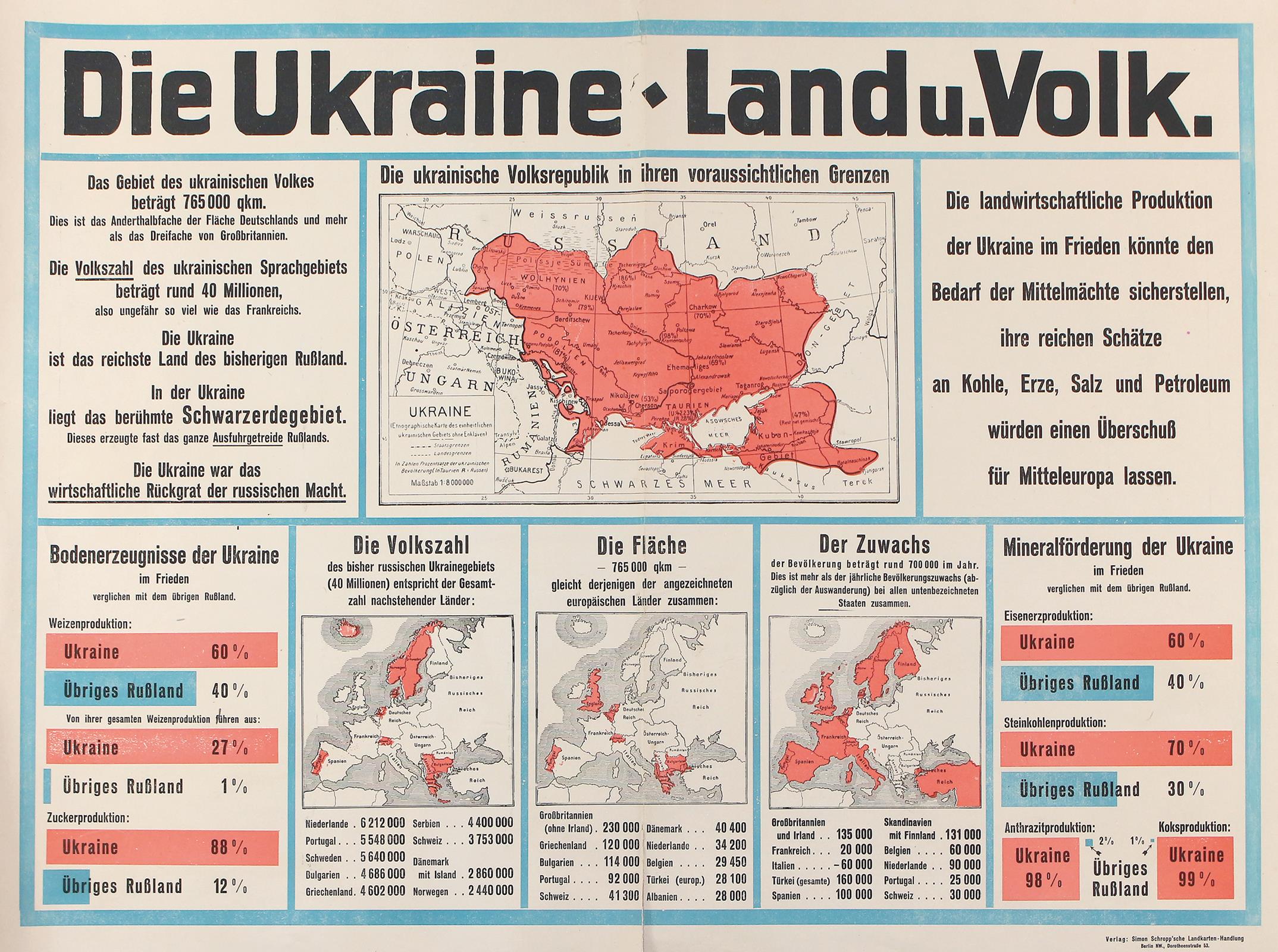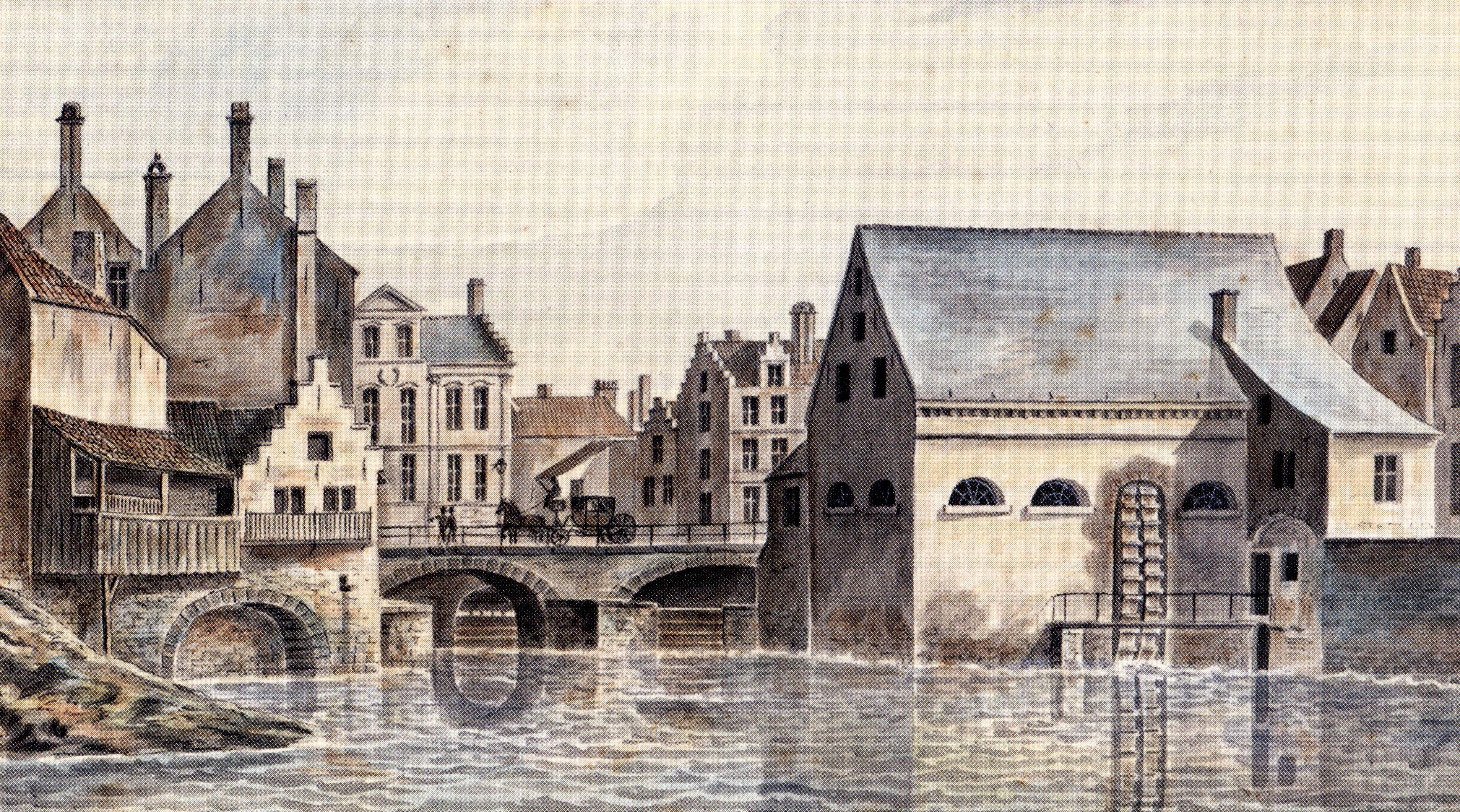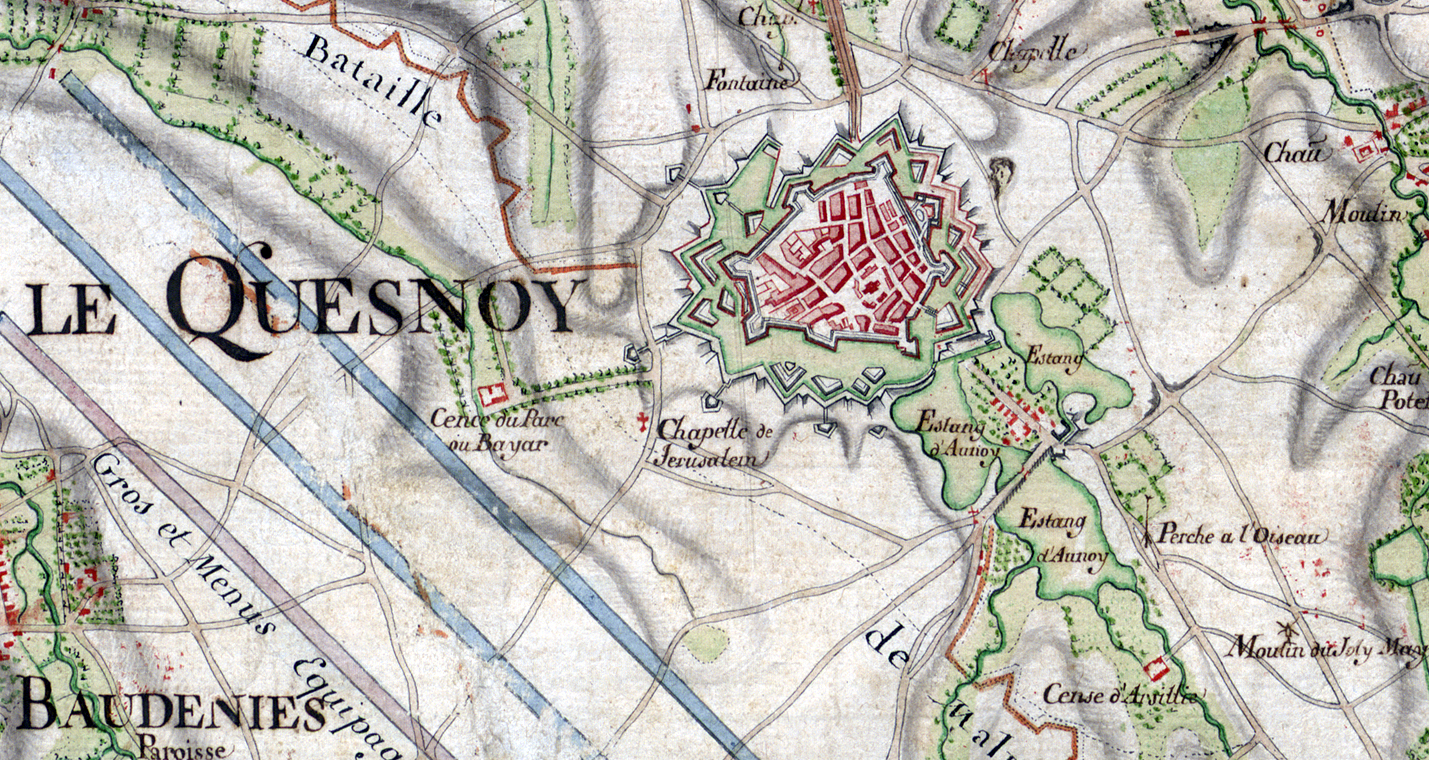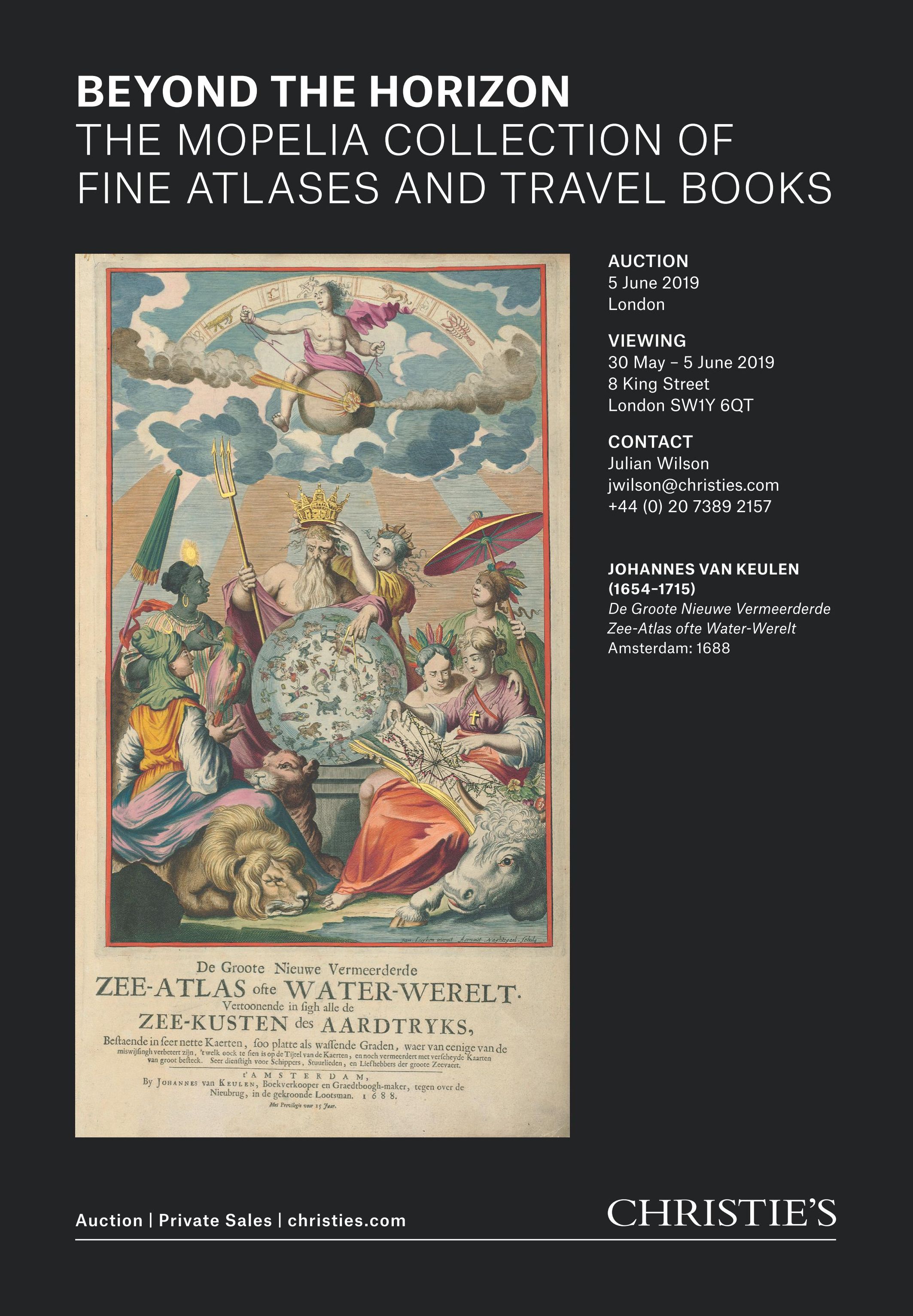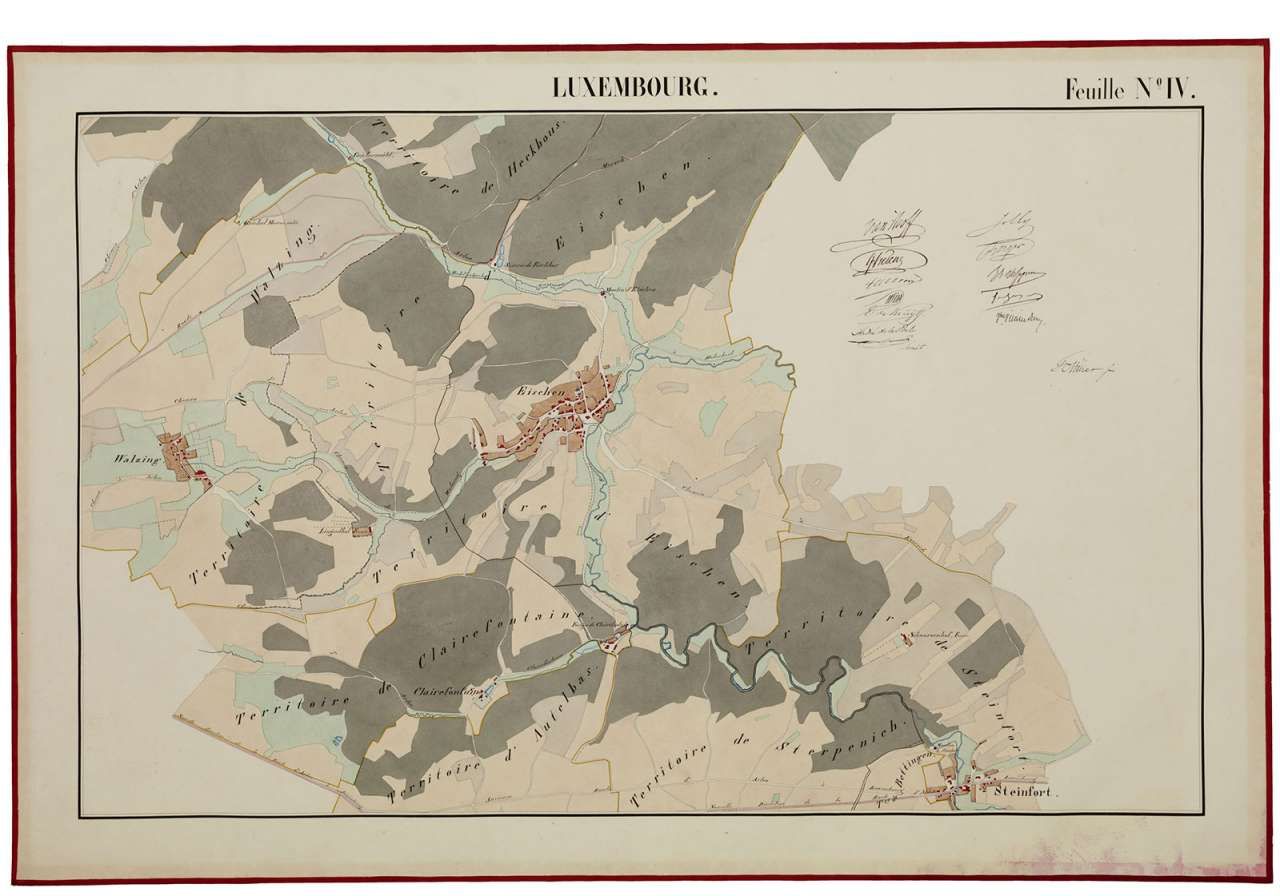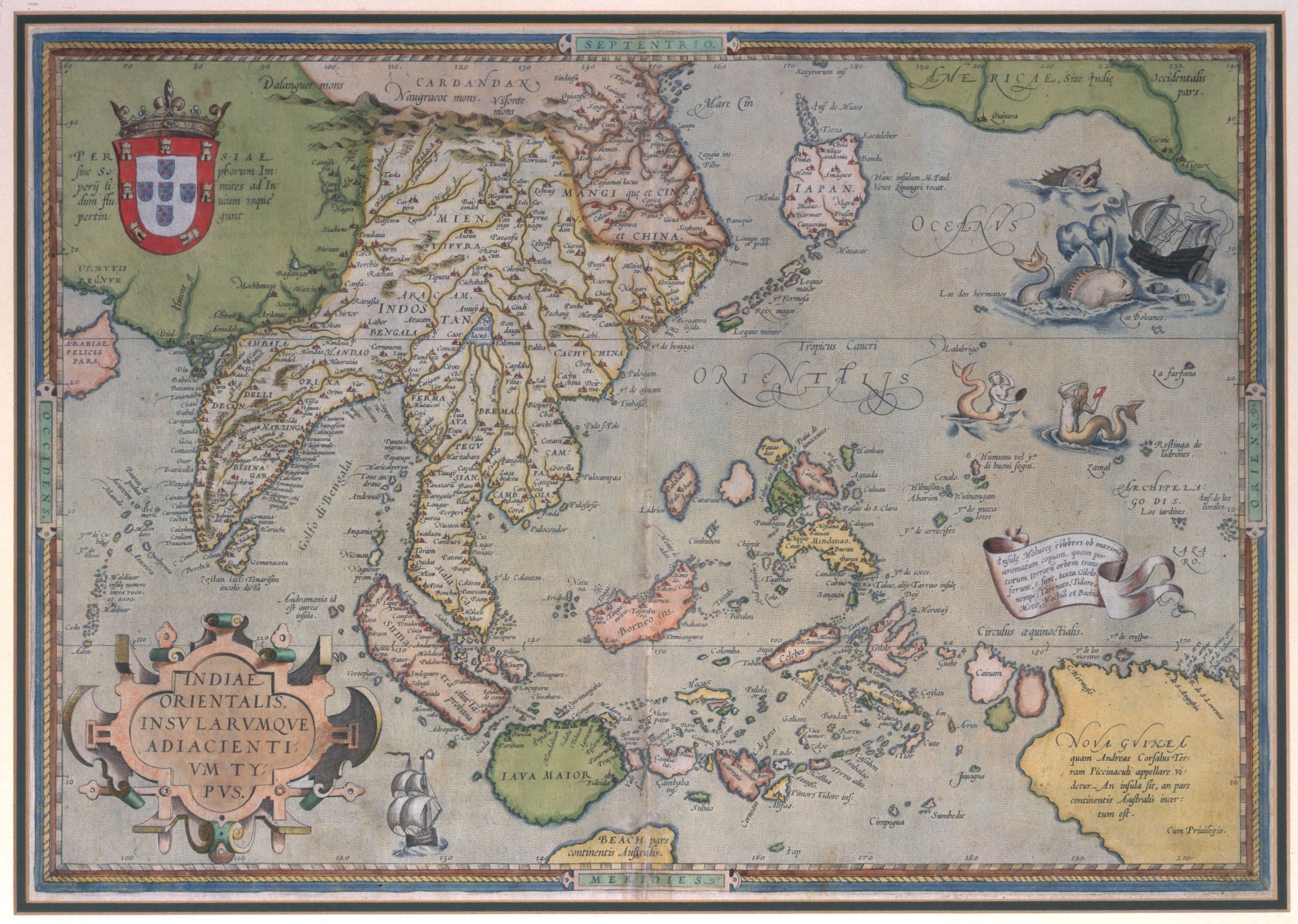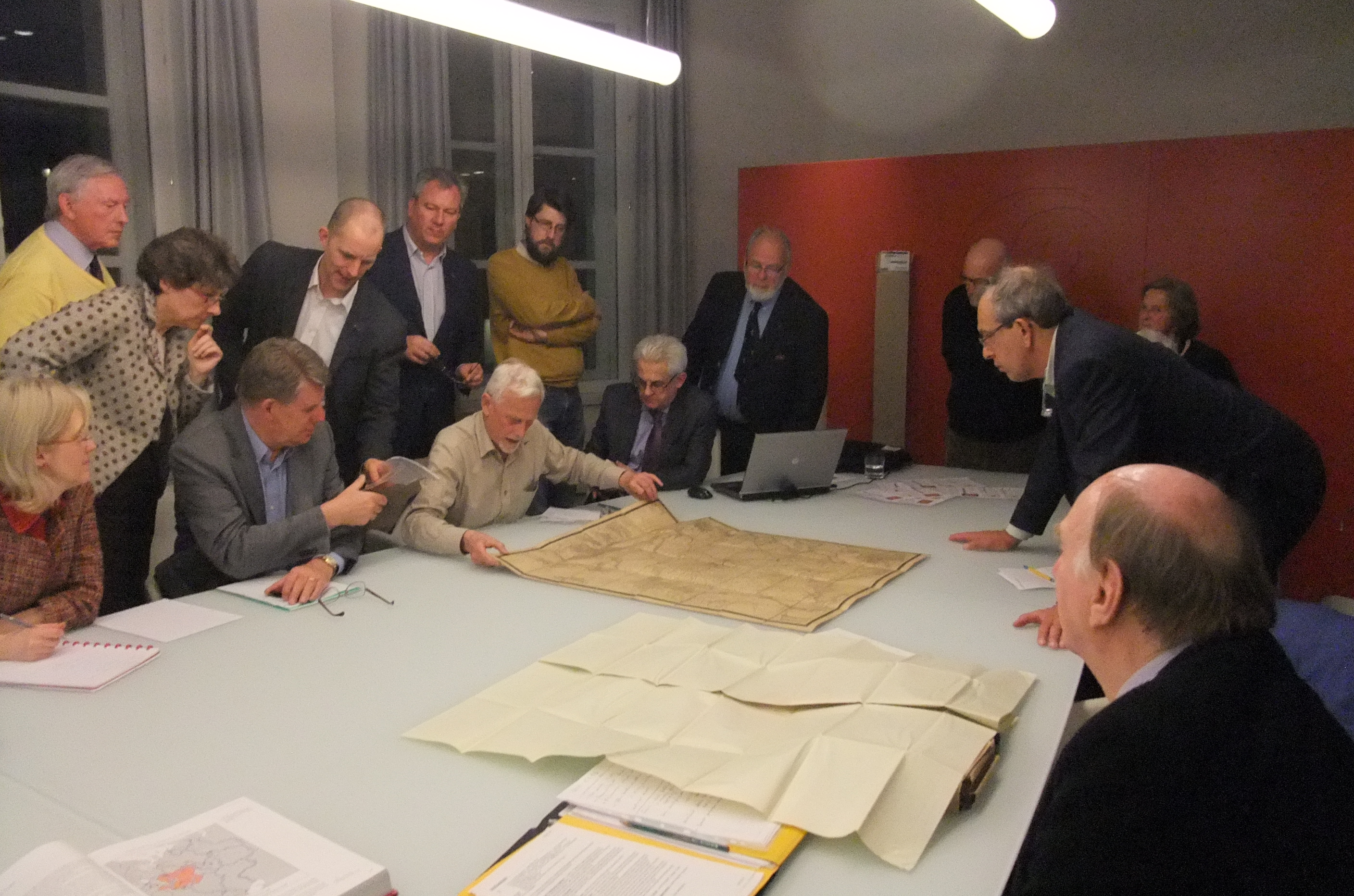'The Cosmographer' proposes an innovative sequential iconographic analysis of rare and valuable 15th-17th Centuries documents, through which the roots of 'Christian' European culture are explored, following the trail of the 'Golden Apple', the symbol of Paradise Lost, contrasting the path to forbidden knowledge with the unfulfilled prophecy of the Second Coming of Christ (Parousia). The relentless European grand ambition to create a first Universal Christian Monarchy fails due to the (re)surge of the Inquisition, Humanism, Reformation and Counterreformation, and internal power conflicts amongst European Princes, whether popes, emperors, kings or princes. Time after the crusades, the quest for 'Paradise Lost' reignites, along with a feverish search for the Gold of Solomon’s Ophir needed for the reconstruction of the Temple of the New Jerusalem, thus provoking a religious-military conquest of the 'East'- particularly (via) the Americas, India and China- in order to deliver the final battle against the Antichrist (here the Ottoman Empire), given the imminence of the Final Judgment and the End of Times. A Jesuit mappamundi illustrates a universal attack plan to liberate Constantinople, Jerusalem and the Holy Land in order to prepare for the Parousia of Christ and the installation of the Kingdom of God, as predicted in the Apocalypse. The competing eschatological visions of Islam, Judaism and a divided Christianity, stage a Theatre of 16th Century dramatic events that (re)shaped both the Old and the New Worlds, as reflected in post-Ptolemaic Cartography. During the Eighty Years' War between Flanders and the Spanish Habsburg Empire, the cartographic skills of Flemish Cosmographer Petrus Plancius (1552-1622) altered the course of history. This fugitive Calvinist minister promotes an alternative Evangelical universal ecumenism, puritan and capitalist. This vision still represents an essential part of our Occidentalized world. 'The past is never dead. It's not even past.' The universal race to install the City of God, Utopia(s), the City of Ladies, Dar al-Islam or the Kingdom of God is not over. When will the rivers of history finally flow into the ocean-sea? Can a common word or common sense be found? 'Tempus fugit'. The original cosmographic vision of 'the Cosmographer' invites us to a new interpretation of recent geo-political events.
Profile of the Speaker For the past five years Stefaan Cloet and his daughter, Isis, (Belgians) have been working on a special project, the visual content of which, the Cosmographer, is entirely based on a private collection gathered over the last 25 years by Cloet during his travels worldwide, and contains rare historical maps, unique manuscripts, atlases, books and paintings from the 15th to the 17th centuries. After an initial professional career as applications-software engineer, specializing in financial and hedging management for multinationals based in the US, Asia and Europe, Stefaan Cloet acted as Financial & Managing Director of South-European and South-American industrial non-ferrous metals operations for over two decades. He is now dedicated to the study of 15th-17th Century cartography as an independent researcher specializing in the Flemish School of Cartography and Biblical map iconography.
Isis Cloet graduated in English Philology and holds a diploma in Religious Sciences from Deusto University (Bilbao, Spain).
